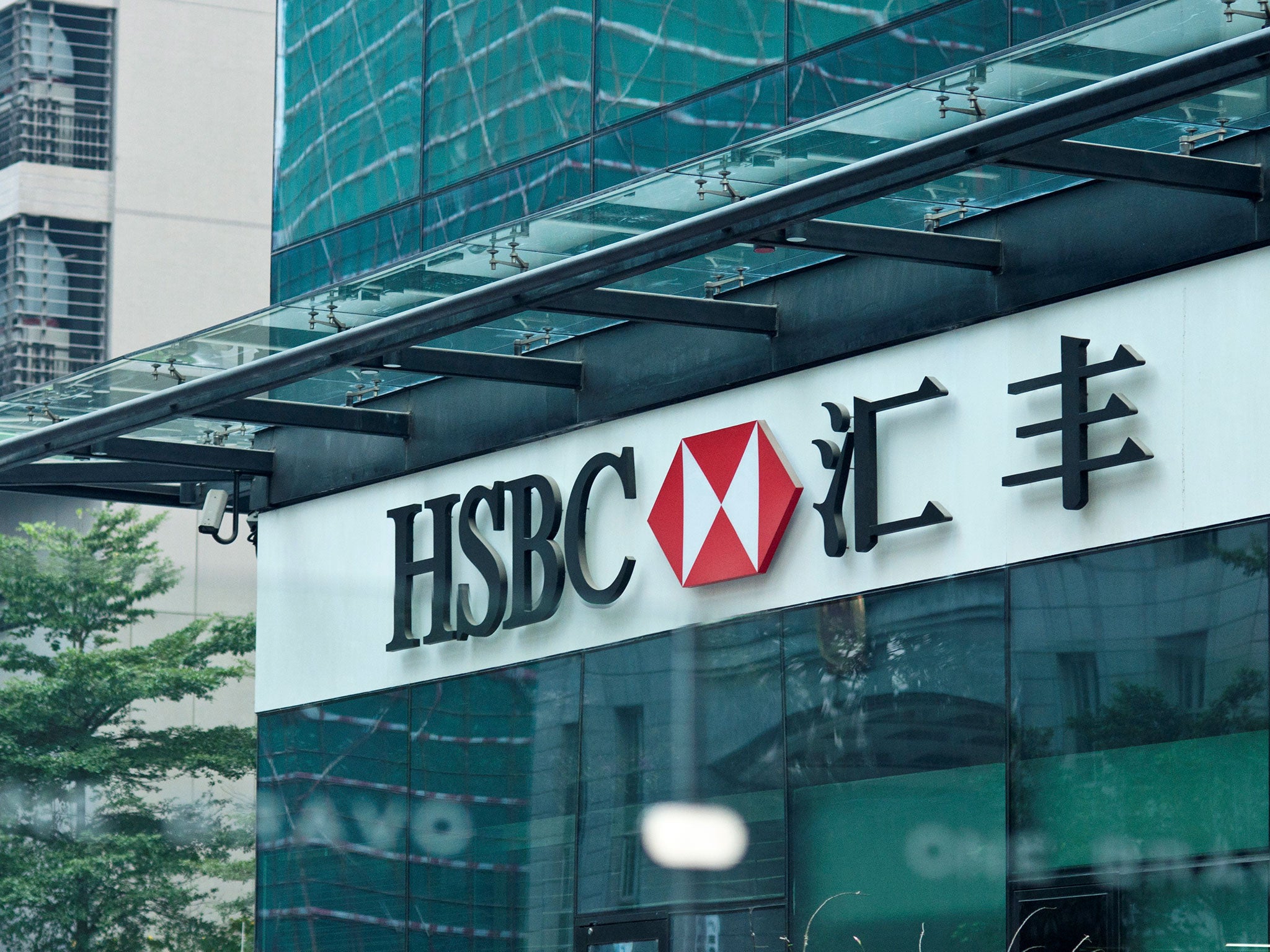HSBC: Why this global bank needs to do more to address global problems
Its bosses recognise that they are having an impact on the bank's earnings. But their record is mixed when it comes to addressing them, even though it would be in HSBC's interests to do more

HSBC has delivered a bad result, driven by write downs to the value of its businesses and the need to make yet more regulatory provisions.
That, of course, happens, in banking which is an up and down sort of business. But do this bank's problems run deeper than the “one off” issues that were the chief contributors to the 62 per cent fall in pre tax profits reported for 2016?
For as long as I can remember, HSBC chief executive Stuart Gulliver and his colleagues have banged on about HSBC’s global model setting it up to facilitate and profit from the vast trade flows produced by globalisation. Hand in hand, we'll stride forward together into a glorious global, free trading future. And make some nice bonuses along wth way.
I'm paraphrasing, of course. But with enviable positions in some of the world’s hottest growth markets, combined with deep roots in the West, it made some kind of sense.
Will those trade flows still be there to capture in five years, ten years, as globalisation goes into reverse? That’s the question that will face the successors to Mr Gulliver and his chairman Douglas Flint, who will soon step down.
In his statement issued alongside the results, Mr Flint said 2016 will “be long remembered for its significant and largely unexpected economic and political events”.
These, he said, “foreshadowed changes to the established geopolitical and economic relationships that have defined interactions within developed economies and between them and the rest of the world”. Translation: “We didn’t call Brexit, the election of Donald Trump, and the rise of other populists in Europe, and things might be about to get hairy.”
The latter was highlighted in the outlook part of his missive. In it, he warned of the “threat of populism impacting policy choices in upcoming European elections, possible protectionist measures from the new US administration impacting global trade, uncertainties facing the UK and the EU as they enter Brexit negotiations”.
There seems to be a recognition on the part of the bank that income inequality and technological change are fuelling challenges and creating uncertainties that might lead to bad outcomes. The world has some serious issues, and we are not immune to them, the bank is telling us. The pity is that HSBC really doesn’t have very much that is constructive to say about how they might be tackled. And in some cases the bank has actively contributed to them.
Take, for examples it controversial Swiss private banking unit. That business played an active role in facilitating income inequality by helping its wealthy clients duck tax until it was exposed.
A similar theme can be seen when it comes to the issue of climate change, which the bank rightly recognises as a problem that needs tackling.
Mr Gulliver touted his bank's Sustainable Financing Unit in his statement. It has been set up to coordinate and support the creation of “innovative climate products”. Mr Gulliver told us HSBC is “working with our clients and with investors to help them allocate capital and direct finance towards lower-carbon, carbon-resilient activities”.
Wonderful. But again, it took a global campaign to get the bank to agree to cut links with environmentally destructive palm oil companies linked to deforestation that exacerbates global warming.
So, it’s a cheer and a half, really. And maybe not even that. HSBC's concerns too often seem to be held skin deep. If it sheds any tears they are those of the crocodile.
And you investors? Don’t you worry your sweet little heads: “If globalisation continues to retreat, as seems likely, we are in a strong position to capitalise on the regional opportunities that this will present, particularly in Asia and Europe.”
I’m not sure I’d be quite as complacent were I a shareholder in HSBC. The world’s problems could hurt this bank more than it would have you believe. For that reason, for the bank's profitable financial future, it would be in its interests to play a more active role in addressing them than it is at present.
Join our commenting forum
Join thought-provoking conversations, follow other Independent readers and see their replies
Comments
Bookmark popover
Removed from bookmarks